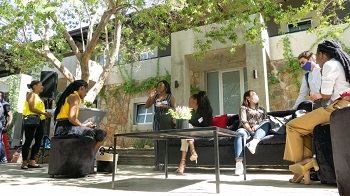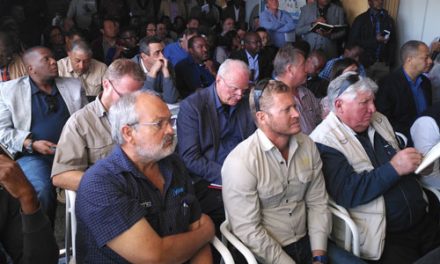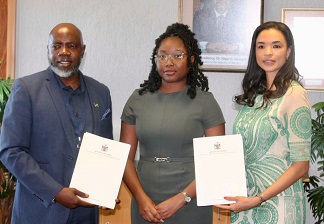
Aerospace cooperation mutually beneficial to China, Namibia: ambassador

The space tracking, telemetry and command station, located in Swakopmund, is one of the best win-win and mutually beneficial projects between the two countries, Chinese ambassador to Namibia Zhang Yiming said Thursday in Windhoek.
Zhang made the remarks at an event featuring the face-to-face interaction between two visiting Chinese astronauts and the students at Namibia’s University of Science and Technology (NUST).
Astronauts Liu Yang and Chen Dong, who are on a 5-day visit, had an opportunity to engage with NUST students to promote awareness in the development of space science and technology.
Zhang said China’s development of space industry cannot be separated from the support and cooperation of all countries in the world, hence the station in Namibia is symbolic of the aerospace cooperation between the two countries.
This station closely links China and Namibia to the space, and is jointly owned by the two countries, he added.
Zhang added that space technology advances the progress of basic science and aviation, and brings along the development of meteorology, disaster relief, communication, and energy.
Zhang hopes that in the future, more students from NUST and other institutions will become participants and beneficiaries of the two countries’ space cooperation.
The Deputy Minister of Higher Education, Training and Innovation Becky Ndjoze-Ojo thanked the Chinese astronauts for the visit to Namibia amid busy schedules.
The station, built in 2000, is mainly used for tracking the re-entry of China’s manned space vehicles and for projects on lunar exploration and deep space exploration. (Xinhua).
Caption: Chinese ambassador to Namibia Zhang Yiming together with China’s first female astronaut, Liu Yang at the Namibia University of Science and Technology.













































